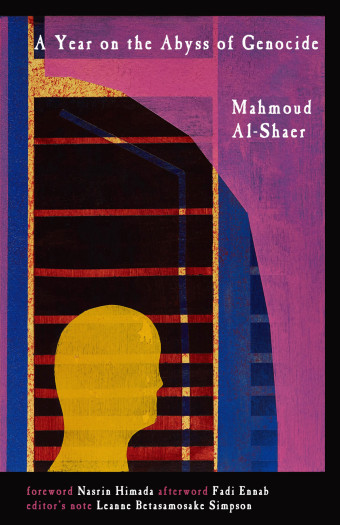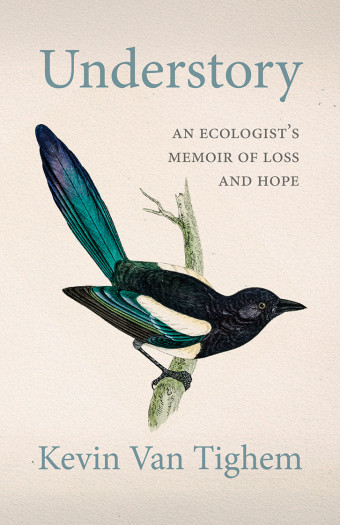Robin Hansen already knew that in most legal jurisdictions in Canada, a child born to an incarcerated woman is automatically separated from their mother at birth. However, this really hit home when in 2016 she received a phone call from “Jacquie,” an Indigenous woman serving a custodial prison sentence who was weeks away from giving birth.

- Prison Born
- Robin F Hansen
- University of Regina Press
- $32.95 Paperback, 336 pages
- ISBN: 978-17-79400-07-9
Hansen, a law professor at the University of Saskatchewan, began to help Jacquie with her appeal and in doing so engaged in extensive research concerning the legal rights of pregnant women in custody – the vast majority of whom are Indigenous – and their babies.
Prison Born: Incarceration and Motherhood in the Colonial Shadow was written out of Hansen’s investigation into the lack of due process in a legal system driven by colonial and gendered assumptions – how both children and their mothers are denied personhood and suffer violations of their rights.
“This book was caused by my maternal outrage at how the Canadian legal system was behaving in a horrible fashion towards babies and mothers,” she explains.
Despite specializing in international law rather than Indigenous rights, Hansen felt compelled to write this book. “At root I wrote it because I was unable to let go of the fact that something so basic as a newborn’s ability to bond with their mother is being denied without a second thought because of utter and widespread disregard for their rights,” she says.
In the book, Hansen uses systems theory and traces how the concept of terra nullius (and the associated racist ideas that Indigenous people are “uncivilized” and “disappearing”) operates in the legal system and in other sectors of society. She hopes readers gain “a renewed awareness of how insidious dehumanizing assumptions are, and how they underpin a lot of the oppression that occurs in Canadian society.”

Despite the scholarly aspects, the book is not just legal and theoretical, but also tells the story of how Hansen represented Jacquie in her appeal in 2016. “The book analyzes her sentencing, the facts of her child’s birth, and what came after,” says Hansen.
“In other words, the book is also an account (with my former client’s support) of her experiences, and of how the system can indeed shift to make room for consideration of a child’s personhood and right to be taken seriously in the legal process.”
One of the most important conclusions Hansen draws in Prison Born is “just how deeply ingrained in settler consciousness the civilized versus uncivilized binary is. Without everyone engaging in some reflection, and in many cases reckoning with a sense of settler acknowledgment, guilt, or whatever you want to call it, the situation will just continue.”
Hansen hopes the book will have an impact on policies and practices regarding the sentencing of pregnant women and the treatment of incarcerated pregnant persons.
“There needs to be due process employed by state actors when major decisions affecting children are taken,” she says. “So my hope is that the book causes those ‘driving the train’ to consider choosing a slightly different track – one that stops dehumanizing children and gives them the chance to have their basic rights to health and due process respected.”













